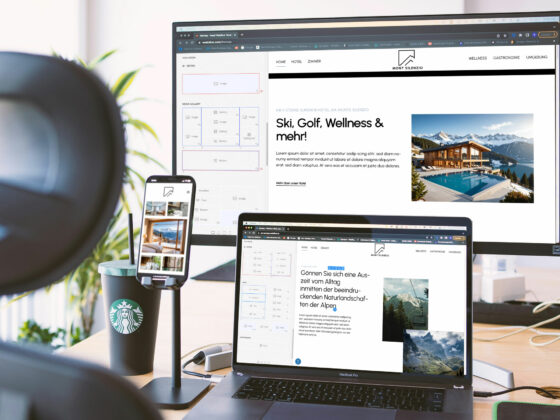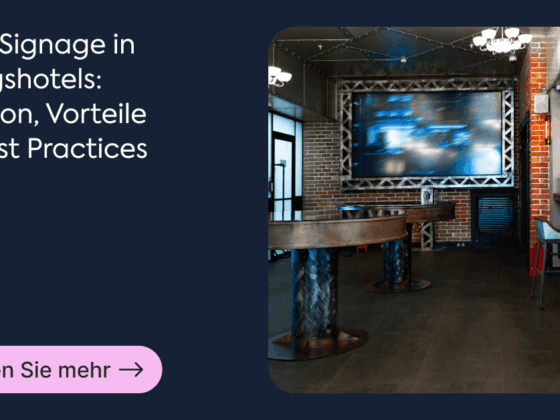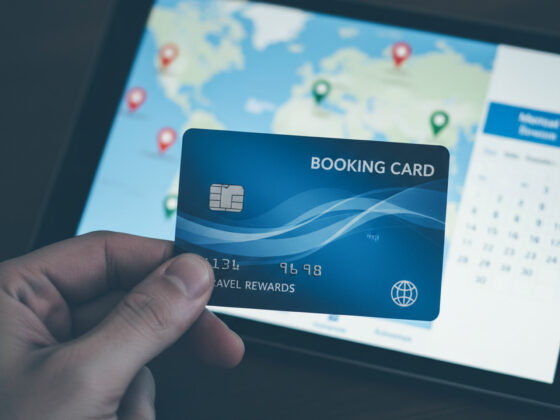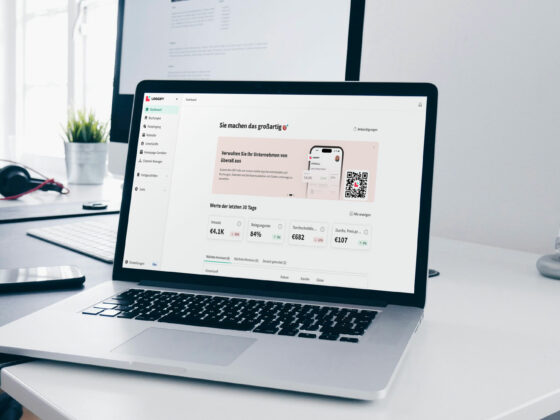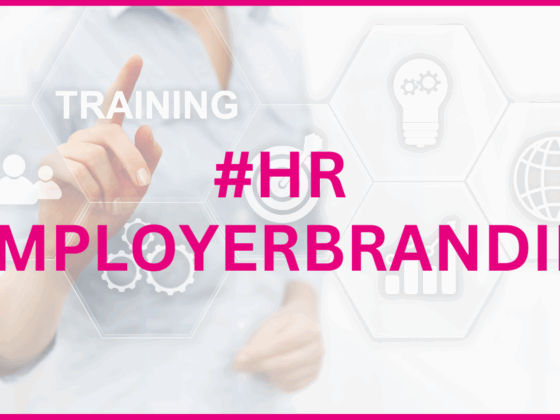With the traditional hotel budget season now underway, it is time to make your investment decisions for 2024. But which tools will you be using to help you make those all-important choices? Perhaps an Online Reputation Management (ORM) tool such as Revinate or ReviewPro? Feedback from social media or review websites maybe? Or guest interviews and surveys? Or maybe a combination of all of these!
Unfortunately, if this is your approach, I have some bad news for you: it is fatally flawed. When writing my book, big data: Herausforderung und Chance für die Hotellerie, I researched these methods of budgetary decision making and found that, in around 50% of cases, the decisions made were questionable at best and detrimental to the hotel at worst.
This may come as a surprise as it is indisputable that ORMs, social media and review sites in particular can generate huge amounts of data. Surveys and interviews, meanwhile, take information straight from the horse’s mouth, i.e., the guest. But the crux of the matter boils down to this: how relevant and useful is this data as a basis for financial planning and making the right choices for success in 2024? The answer is: not very, or not at all.

Let me explain and dispel some myths.
We will start with ORMs, social media and review sites, as these all present similar issues. It is true that you can gather a great deal of useful information and feedback from all these tools, which can sometimes inform valuable changes and improvements to hotel operations. But relying on data provided by individuals on these platforms is very risky.
You cannot be 100% sure who these people are, as social media and review platforms are obliged to protect their users’ anonymity if people do not wish to use their real names. This means some comments and reviews may not even come from real guests – they could be uploaded by mischief makers or even bots! And if the data is genuine, it may not come from your primary target audience, in which case its relevance and usefulness will be limited.
To give an example, your most important guest segment might be business travelers. So, you would therefore want to focus your attention on analyzing comments and reviews left by people within this group. But how do you identify them from the crowd of other guests leaving reviews? It is not always possible. The case might be that most of your online feedback comes from DINKs (double income, no kids) – in which case it will be of limited value to use it as a basis for investment decisions targeted at business travelers.
Another problem specific to review websites is that the questions asked are generic. But your hotel is not generic; it is unique. And you therefore need to ask unique questions to get the data you need to decide how to operate and market your hotel in the future, and where your money needs to be spent. If the review websites are asking questions irrelevant to your business goal and purpose, relying on them for investment decisions is likely to result in some unwise choices.
I am not saying the information provided by any of these platforms is useless; far from it. But it is best to only use them for the purposes for which they are intended, which does not include business-critical financial decision making!
Coming back to the issue of generic questionnaires, you might think this can be solved by conducting your own interviews and basic guest surveys (I am referring to the kind of uninspired ‘Rate us from 1 to 10’ straw polls sent automatically by Booking.com and other OTAs).
Interviews are immediately problematic as it is very difficult and time-consuming to interview enough guests – not to mention finding people who actually want to be interviewed! The amount of data that can be collected is therefore a serious limitation here, compounded by the fact that the interviewees may not belong to your primary target audience. Much also depends on the questions being asked and who is asking them, as different hotel departments have different priorities. There are simply too many variables.
Similarly with basic surveys. Some people will respond, some won’t. And if the data collected is anonymous, it is almost pointless, especially if the only question asked is ‘Rate us from 1 to 10’ as noted above. However, if surveys are approached differently and in the correct manner, they are actually the best tool for successful investment decision making. Why? Let us take a look.

We have already seen that each hotel is unique and has bespoke needs
What you therefore need to create is your own unique – but standardized – questionnaires that are automatically sent out to guests after check-out and which include the precise questions that will help you make sound financial decisions. This will (a) generate the information you need and preclude asking irrelevant or unnecessary questions and (b) produce meaningful data from people you know for sure are ‘real’ guests. There is a snag, however. For this to work effectively, the questionnaires must be linked to a single, clean version of each guest’s profile. Otherwise, the data you collect will be anonymous which, as we have seen, renders it almost useless.
You need to target your questionnaires at your most important audience segments – say business travelers followed by DINKs – and ask each group the right questions. So, before you can even think of creating such questionnaires, you need a Centralized Data Management (CDM) system like dailypoint 360 in place so you can identify which guests belong to which group and send out the right set of questions. Another tactic for maximizing the efficacy of your surveys is to only use even numbers when asking for numerical ratings, i.e., 2, 4, 6 etc rather than 1 to 5. This prevents respondents simply ‘going down the middle’ and choosing 5 for everything! Scales from 2 to 10 tend to work best.
Secondly, you should ask guests to rate how important each department of your hotel is to them, as well as how satisfied they are with it. This will give you an invaluable matrix of data that will be your secret weapon when it comes to prioritizing investments across the business. Your standard questionnaire can benefit your hotel in other ways, too – from enabling value-based complaint management to creating lists of key guest interests for marketing purposes. Placing snippets of testimonials on your website can increase direct conversions, whilst linking your questionnaire system to third party vendors such as TripAdvisor will increase the number of external reviews you receive, potentially boosting acquisition as a result. What is more, your questionnaire is a valuable tool in ensuring data privacy compliance, as you can use it to confirm guest preferences around how their data is used.
And the best part of this approach? It does not need to cost you anything! Once your questionnaires are up and running, they can be programmed to go out automatically post-stay. So, you can gather all the valuable data you need in the background ready for analysis when the time comes to set your budgets and decide on investments for the following year. Perfect!
Find out more
For a more detailed exploration of the issues discussed in this blog, please download our new White Paper: ‘Make smarter investment decisions for your hotel this budget season’. You can download it for free here.
To find out more about how dailypoin can help you achieve the single guest profile and implement CDM into your hotel business, please get in touch on +49 89 189 39 69 0 or email info@dailypoint.net to book a demo.

About the author
Dr. Michael Toedt is one of the most renowned experts in the field of Big Data and CRM. He received his doctoral degree on the subject of CRM, respectively “The influence of communication on sales performance in the luxury hotel industry” from the University of Latvia. He lectures at the University of Applied Sciences in Munich about CRM & Hotel Technology for Bachelor- and Masterclasses as well as at Hotellerie Suisse in the NDS Management Program. Michael Toedt writes articles for international magazines and online platforms on a regular basis. Among others, he wrote the official CRM guide of the Austrian Hotel Association and the book “Big Data”, which has become a standard work for the topic of Data Management. He was elected by the HSMAI as one of the “Top 20 Extraordinary minds in Sales & Marketing” in 2016.
All his publications can be found here.

